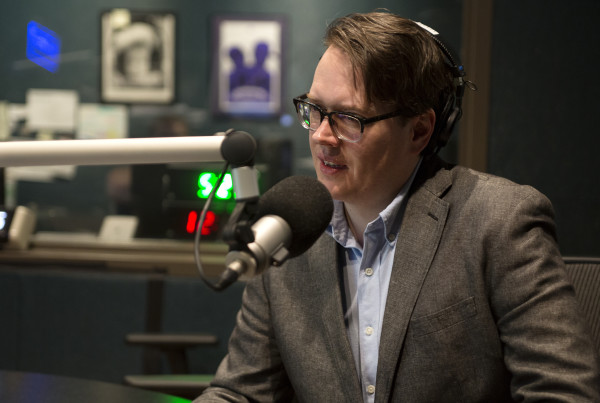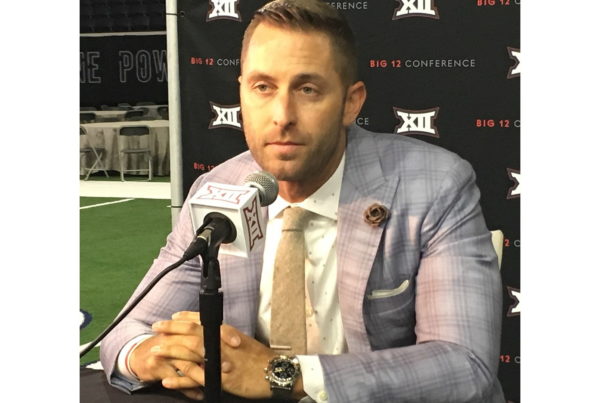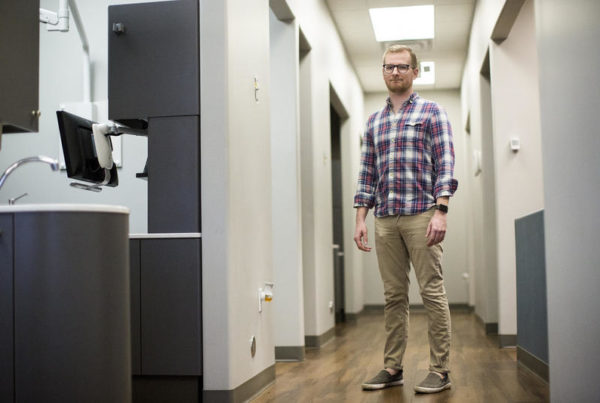This week, a federal appeals court handed the state of Texas a victory in its efforts to get the women’s health care provider, Planned Parenthood, removed from the state Medicaid program. A few years ago, Texas took steps to defund Planned Parenthood after a highly-edited video from an anti-abortion group suggested Planned Parenthood clinics that provided abortion services sold the fetal tissue from those procedures.
Sara Rosenbaum is a professor of health law and policy at George Washington University School of Public Health, and says anti-abortion groups have been working for a long time to block Planned Parenthood from being a part of state Medicaid programs by claiming it misuses fetal remains. But she says Medicaid rarely covers abortions in the first place.
“In a number of states, the state agency attempted to use information essentially concocted by this organization, whose work has been highly discredited, to portray Planned Parenthood as violating federal laws relating to how tissue material from aborted fetuses is handled for research purposes,” Rosenbaum says.
In 2017, U.S. District Judge Sam Sparks held a three-day trial and reviewed the information that Texas used to claim that Planned Parenthood services shouldn’t be covered by Medicaid, Rosenbaum says. She says he found that the state’s evidence was “simply not the kind of evidence that you would ever use.” He also found that the state didn’t make a compelling case that Planned Parenthood wasn’t qualified to be a family-planning services provider.
But the state appealed the case, and a federal appeals court sided with Texas on Thursday. Rosenbaum says that court found that Judge Sparks was “acting incorrectly in scrutinizing the state’s evidence and the state’s arguments, and simply should have, essentially, taken the state’s word for it.”
She says the appeals court found that Judge Sparks “had no business second-guessing the state.”
But Texas can’t immediately bar Planned Parenthood from Medicaid; the case will now go back to Sparks’ court for a new hearing, Rosenbaum says.
“The case is still sitting out there, and proceedings will move from here,” Rosenbaum says.
Written by Caroline Covington.
















